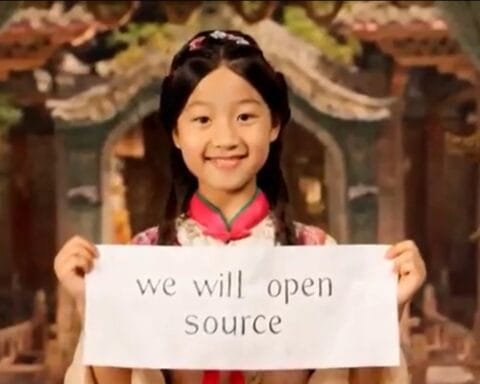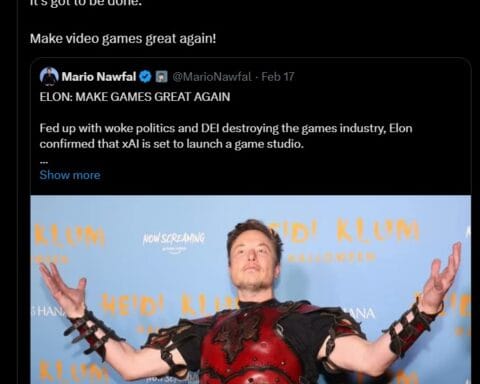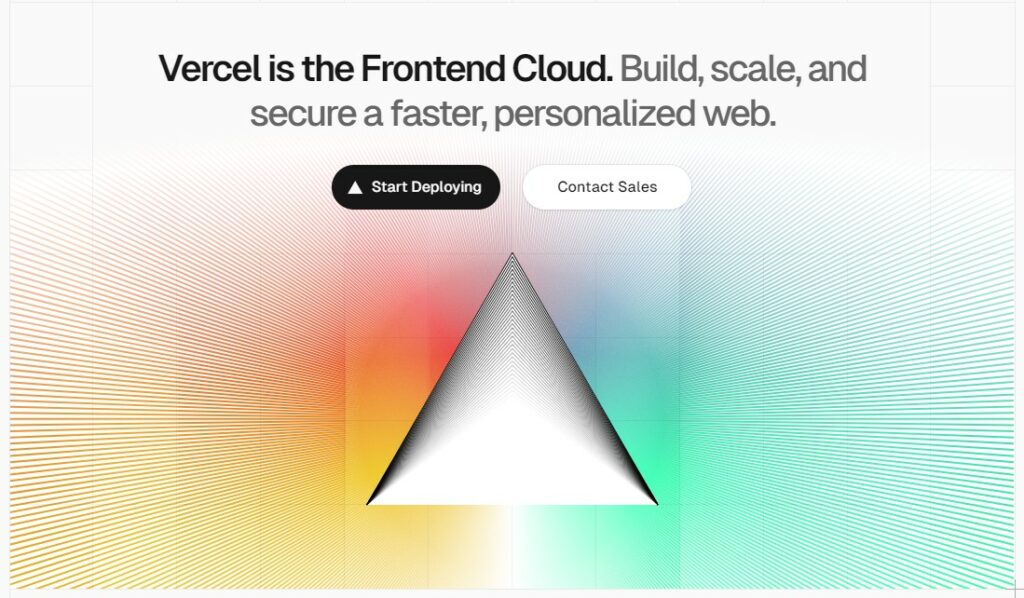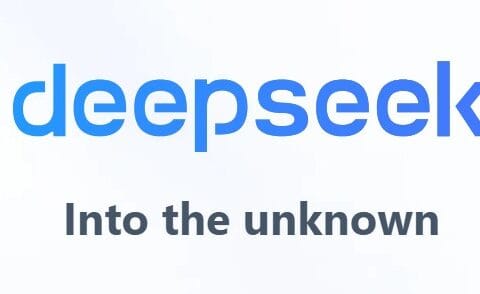Last Updated on March 6, 2024 12:02 pm by Laszlo Szabo / NowadAIs | Published on March 6, 2024 by Juhasz “the Mage” Gabor
Vision vs Profit: Deciphering the OpenAI vs Elon Musk Conflict – Key Notes
- OpenAI, co-founded by Elon Musk, focuses on AI development for humanity’s benefit.
- Differences arose between Musk, OpenAI, and CEO Sam Altman over vision and strategy.
- Musk’s lawsuit claims OpenAI has shifted from its mission towards profitability.
- OpenAI defends its dedication to its mission amidst Musk’s accusations.
- The lawsuit raises concerns about the future of AI projects like ChatGPT.
Introduction
In the rapidly evolving world of artificial intelligence (AI), OpenAI and Elon Musk have been at the forefront of innovation and controversy. OpenAI, a research organization dedicated to developing AI for the benefit of humanity, has recently found itself locked in a legal battle with its co-founder, Elon Musk. Now we delves into the intricacies of the OpenAI vs Elon Musk lawsuit, exploring the claims, counterclaims, and the broader implications for the future of AI.
The OpenAI Mission

OpenAI was founded in 2015 with a clear mission: to ensure that Artificial General Intelligence (AGI) benefits all of humanity. AGI refers to highly autonomous systems that outperform humans in most economically valuable work. From the outset, OpenAI aimed to develop AGI in a safe and beneficial manner, focusing on advancing the field of AI research.
Elon Musk’s Role in OpenAI
Elon Musk, renowned entrepreneur and CEO of Tesla and SpaceX, played a pivotal role in the early days of OpenAI. Musk provided crucial funding and strategic guidance, recognizing the need for significant resources to achieve OpenAI’s ambitious goals. However, as the organization evolved, differences in vision and strategy emerged between Musk, Sam Altman and the OpenAI team.
The Funding Conundrum
One point of contention between Musk and OpenAI was the scale of funding required to develop AGI. In the early stages, OpenAI founders Greg Brockman and Sam Altman aimed to raise $100 million. However, Musk believed that a much larger funding commitment was necessary to compete with industry giants like Google. In a 2015 email, Musk suggested an initial $1 billion funding commitment, pledging to cover any shortfall in contributions:
“We need to go with a much bigger number than $100M to avoid sounding hopeless… I think we should say that we are starting with a $1B funding commitment… I will cover whatever anyone else doesn’t provide.”
The Shift Towards a For-Profit Entity
As OpenAI grappled with the daunting task of securing the resources necessary for AGI development, the idea of establishing a for-profit entity emerged. Musk advocated for OpenAI to merge with Tesla, using it as a financial backbone for the research organization:
“exactly right… Tesla is the only path that could even hope to hold a candle to Google. Even then, the probability of being a counterweight to Google is small. It just isn’t zero”
However, discussions around the terms of the merger and the level of control Musk would exert over OpenAI proved to be a stumbling block.
Disagreements Over Control
OpenAI’s commitment to ensuring the broad benefit of AGI clashed with Musk’s desire for majority equity, initial board control, and the CEO position within the organization:
“Elon wanted majority equity, initial board control, and to be CEO. In the middle of these discussions, he withheld funding.”
OpenAI stated in their open letter.
OpenAI believed that absolute control by any individual would compromise their mission. The inability to reconcile these differences ultimately led to Musk’s departure from OpenAI in February 2018.
Allegations of Abandoning the Mission
In his lawsuit against OpenAI, Musk claims that the organization has strayed from its original mission of developing AGI for the benefit of humanity. He alleges that OpenAI has become solely focused on profitability and commercialization, abandoning its commitment to the broader welfare of society:
“We are focused on advancing our mission and have a long way to go. As we continue to make our tools better and better, we are excited to deploy these systems so they empower every individual.”
OpenAI vehemently denies these claims and asserts its continued dedication to its mission.
The Impact on ChatGPT
One of OpenAI’s notable achievements is the development of ChatGPT, an AI-powered chatbot that can engage in conversational interactions. ChatGPT has garnered significant attention and praise for its ability to generate coherent and contextually relevant responses. However, Musk’s lawsuit raises questions about the future of ChatGPT and whether OpenAI’s alleged shift in focus could impact the development and accessibility of this valuable tool.
Implications for the Future of AI
The OpenAI vs Elon Musk lawsuit has broader implications for the future of AI and the governance of AGI development. The legal battle highlights the challenges of balancing commercial interests with the ethical responsibility of developing AGI that benefits humanity. It raises important questions about the role of individual control, the need for adequate funding, and the potential risks of monopolistic control over AGI development.
Conclusion
The OpenAI vs Elon Musk lawsuit represents a clash of visions and values in the AI community. As OpenAI strives to advance its mission and develop AGI for the benefit of humanity, it faces challenges and criticisms from one of its co-founders. The outcome of this legal battle will not only shape the future of OpenAI but also influence the broader trajectory of AI development. As we navigate the complexities and potential risks of AGI, it is crucial to balance innovation, ethics, and the welfare of humanity.
Definitions
- OpenAI: An AI research organization focusing on creating beneficial AI technology.
- Elon Musk: Entrepreneur and CEO of Tesla and SpaceX, and co-founder of OpenAI.
- Sam Altman: CEO of OpenAI, steering the organization’s mission and collaborations.
Frequently Asked Questions
- What sparked the legal battle between OpenAI and Elon Musk?
- Disagreements over OpenAI’s direction and Musk’s claim it has strayed from its mission.
- How does Elon Musk view OpenAI’s mission evolution?
- Musk believes OpenAI has shifted focus from universal benefit to profitability.
- What implications does the OpenAI vs Elon Musk lawsuit have for AI development?
- It highlights the challenges of balancing ethical AI development with commercial interests.
- What was Elon Musk’s role in the founding of OpenAI?
- Musk co-founded OpenAI, providing initial funding and strategic guidance.
- How has OpenAI responded to Elon Musk’s allegations?
- OpenAI denies Musk’s claims, affirming its commitment to its original mission.









